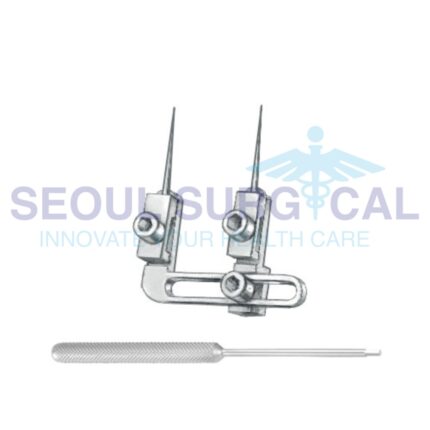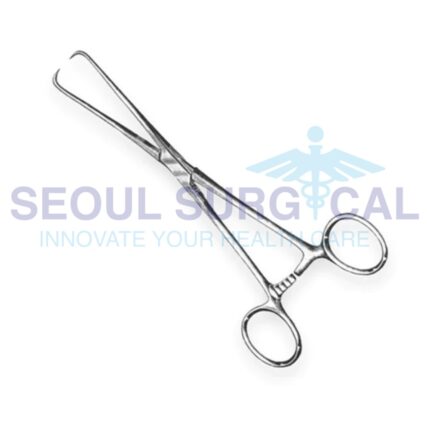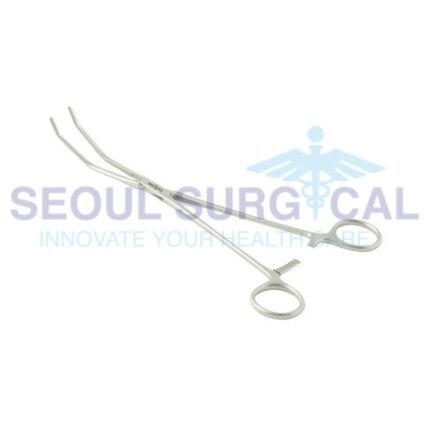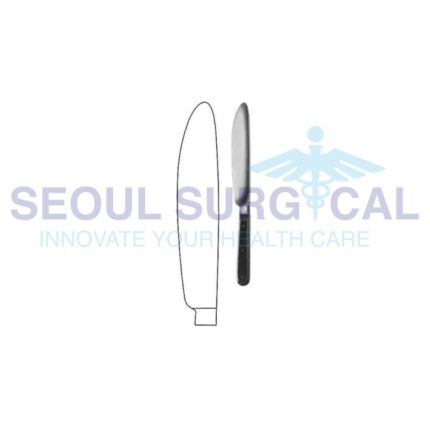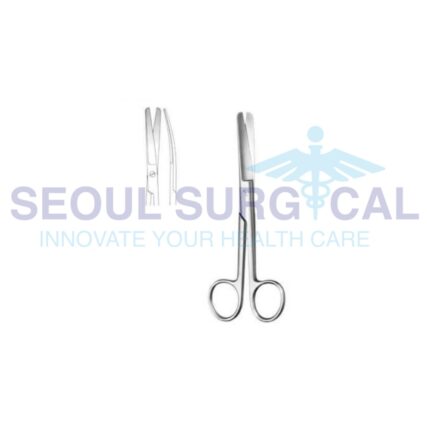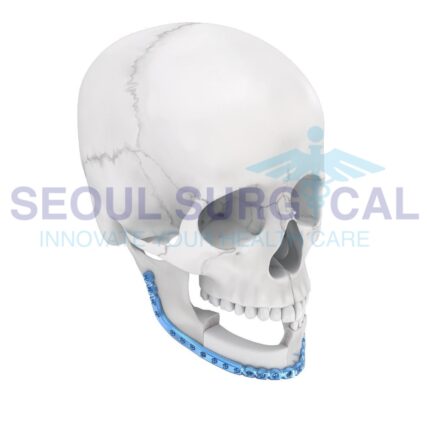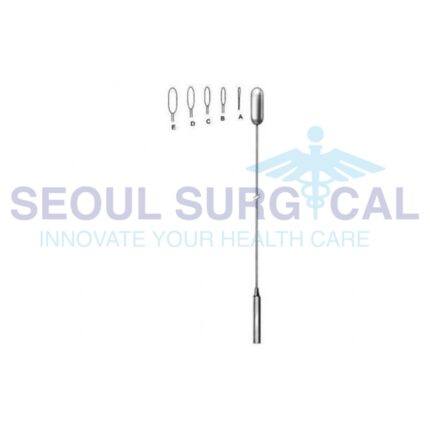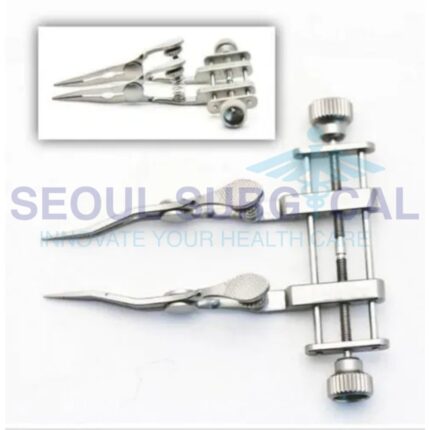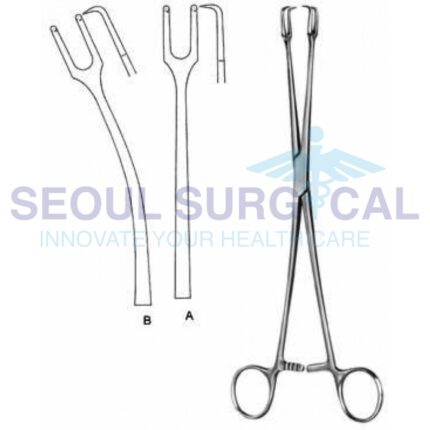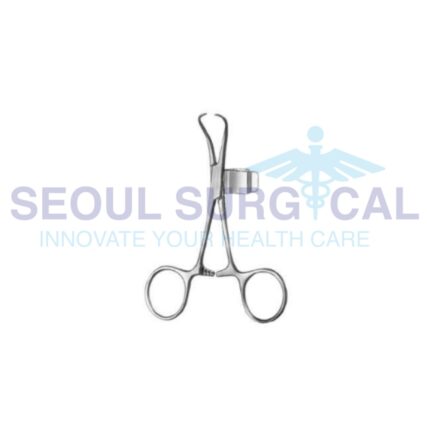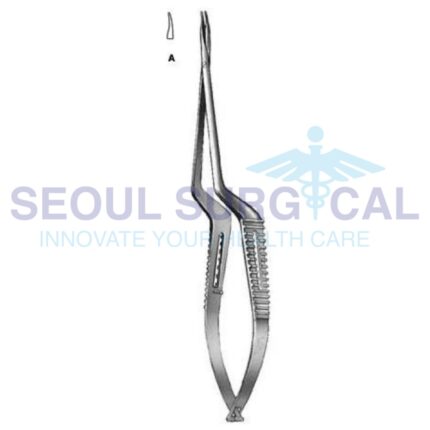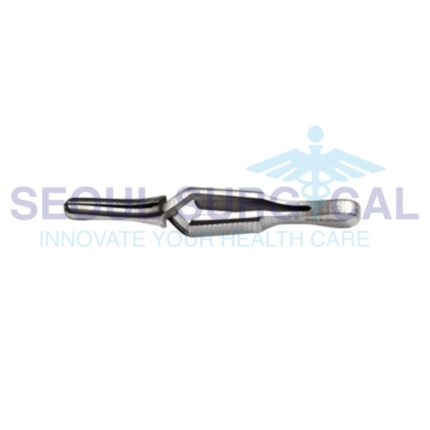Precision Unison: The Role of Surgical Approximators in Seamless Closure
The choice of a specific surgical approximator depends on the nature of the surgery, the type and location of tissues being approximated, and the surgeon's preference. Surgical approximators play a crucial role in promoting proper wound healing, reducing the risk of infection, and minimizing scarring.
Probing Precision: A Comprehensive Guide to Surgical Probes in Medical Procedures
Surgical probes are essential tools that aid in the accurate diagnosis, exploration, and treatment of various medical conditions. The choice of a probe depends on the specific surgical procedure and the area of the body being addressed. Surgeons and healthcare professionals use probes with precision to ensure optimal outcomes and patient safety.
Renal Precision: A Comprehensive Guide to Kidney Pedicle Clamps in Surgery
It's important to note that the specific type of kidney pedicle clamp used may vary based on the surgeon's preference, the nature of the surgical procedure, and the patient's condition. The use of these clamps requires expertise in vascular surgery and careful management to ensure the safety of the patient and the success of the surgical intervention.
Scalpel Solutions: Navigating Urological Precision with Advanced Surgical Tools
It's important to note that the proper handling, sterilization, and disposal of surgical scalpels are crucial for maintaining a sterile surgical environment and preventing the spread of infections. Surgeons and healthcare professionals choose the appropriate type of scalpel based on the specific requirements of the procedure and the characteristics of the tissues being incised.
Scissor Mastery: Navigating Urological Procedures with the Right Surgical Tools
It's important to note that proper care and maintenance, including regular sharpening and sterilization, are essential to ensure the effectiveness and longevity of surgical scissors. Surgeons and healthcare professionals select the appropriate scissors based on the specific requirements of the surgical procedure and the nature of the tissues being cut.
Sculpting Faces: Advances in Cranio Maxillofacial Surgical Techniques
Cranio-maxillofacial surgery is a multidisciplinary field that often involves collaboration between cranio-maxillofacial surgeons, plastic surgeons, oral and maxillofacial surgeons, neurosurgeons, and other specialists. The goal is to improve both the functional and aesthetic aspects of the craniofacial region. Surgical planning is typically based on thorough diagnostic assessments, including imaging studies such as CT scans and 3D facial analysis.
Sculpting Success: The Role of Specialized Instruments in Urological Procedures
These instruments play a crucial role in the diagnosis and treatment of urological conditions, including kidney stones, prostate issues, bladder disorders, and male reproductive health. The selection of instruments depends on the specific procedure, patient condition, and the urologist's preferences. Advances in technology continue to contribute to the development of innovative and minimally invasive urology procedures.
Seamless Sutures: Navigating Tissue Closure with Advanced Surgical Approximators
The choice of a specific surgical approximator depends on the nature of the surgery, the type and location of tissues being approximated, and the surgeon's preference. Surgical approximators play a crucial role in promoting proper wound healing, reducing the risk of infection, and minimizing scarring.
Secure Hold: The Role of Organ Grasping Forceps in Minimally Invasive Surgery
Secure Sealing: Exploring the Functionality of Bile Duct Clamps in Surgical Practice
These clamps are typically made of stainless steel or other materials compatible with sterilization procedures. The choice of a specific bile duct clamp depends on the nature of the surgical procedure, the anatomical location, and the surgeon's preference. Bile duct clamps are crucial tools that allow surgeons to safely and temporarily control the flow of bile during various hepatobiliary and pancreatic surgeries, contributing to the success and safety of these procedures.
Securing Success: The Essential Role of Bulldog Clamps in Vascular Surgery
These clamps are typically made of stainless steel for durability and are sterilized before use in surgical procedures. The choice of bulldog clamp depends on the type of vessel being occluded, the surgical procedure, and the surgeon's preferences. Bulldog clamps play a crucial role in vascular and cardiac surgeries by allowing surgeons to temporarily interrupt blood flow, facilitating precise and controlled interventions while minimizing blood loss.

